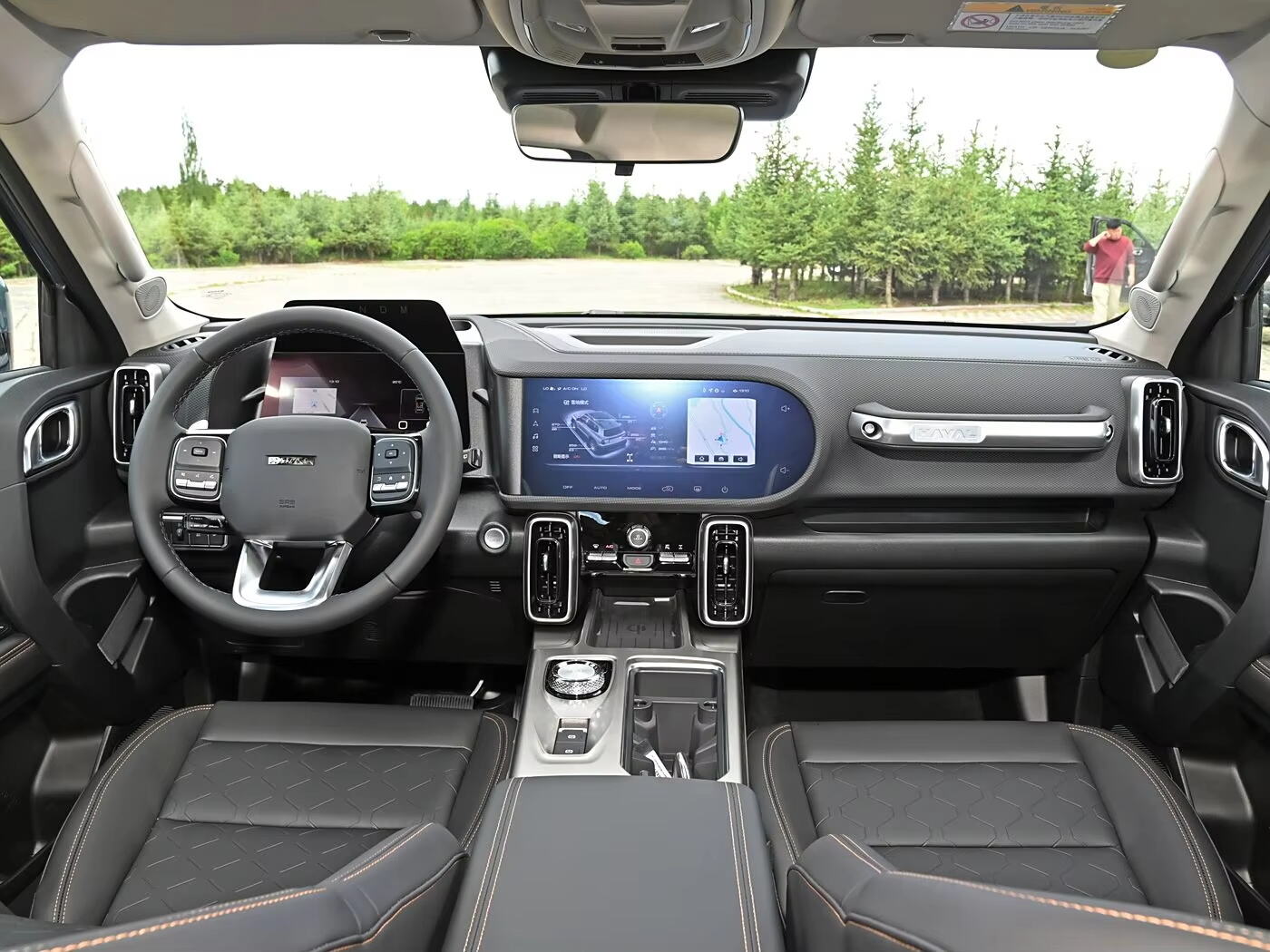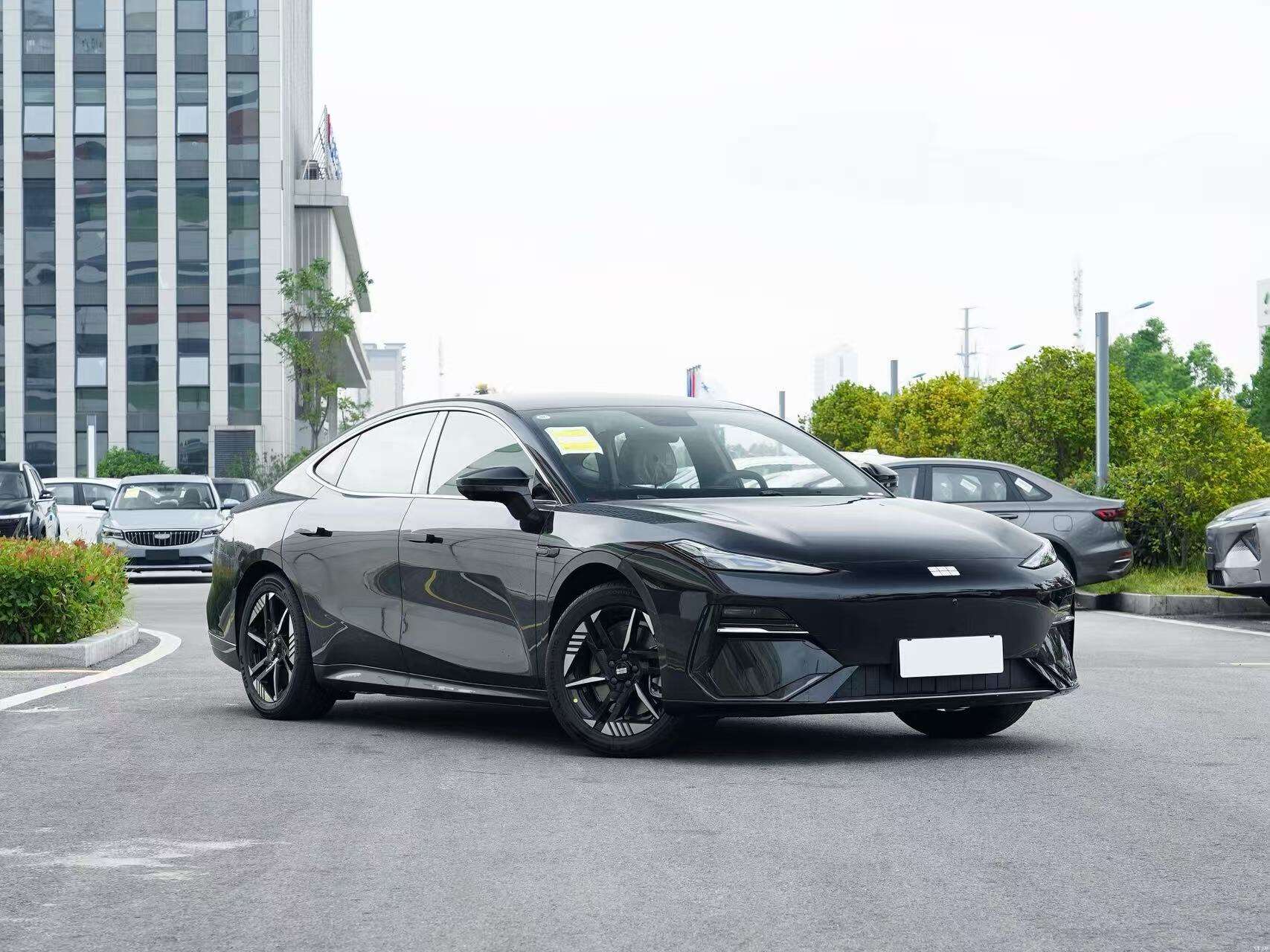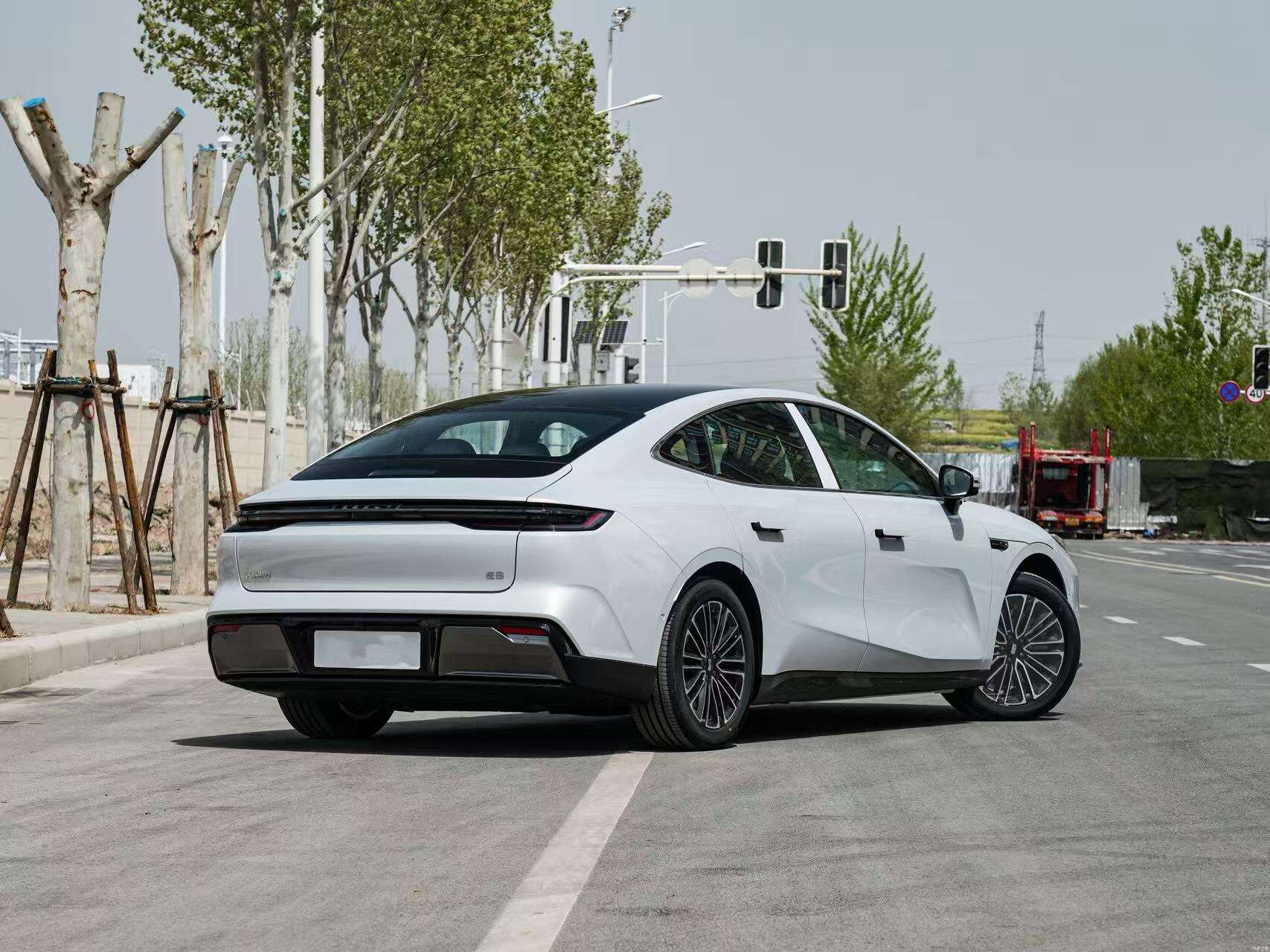hydrogen fuel cell motor
The hydrogen fuel cell motor represents a groundbreaking advancement in clean energy propulsion technology. This innovative system converts hydrogen into electrical energy through an electrochemical process, producing only water vapor as a byproduct. At its core, the motor consists of a fuel cell stack where hydrogen and oxygen combine to generate electricity, which then powers an electric motor. The system comprises several key components: the fuel cell stack, hydrogen storage tanks, air compression system, cooling system, and power control unit. Unlike traditional combustion engines, fuel cell motors operate silently and efficiently, achieving energy conversion rates of up to 60%. The technology finds applications across various sectors, from automotive and public transportation to stationary power generation and industrial equipment. Modern hydrogen fuel cell motors feature sophisticated control systems that optimize performance and efficiency, while advanced safety measures ensure secure hydrogen storage and handling. The system's modularity allows for scalable power output, making it suitable for both small personal vehicles and large commercial applications. Recent technological advances have improved cold-weather performance and reduced startup times, addressing historical limitations of fuel cell technology. This motor type has gained significant traction in heavy-duty transportation sectors, where its quick refueling capability and long operating range provide distinct advantages over battery-electric alternatives.


